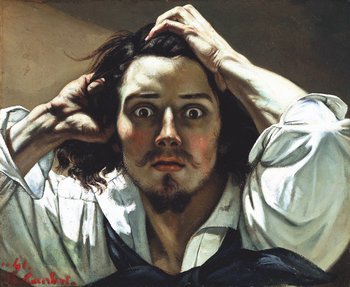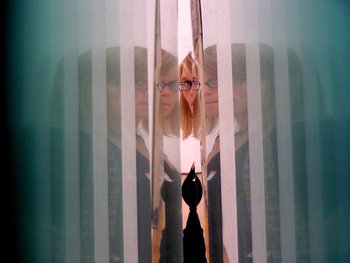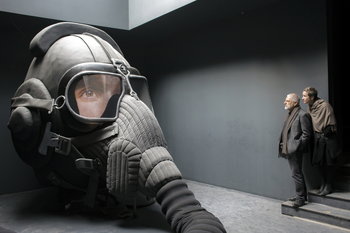|
| |
True indicates information that is accurate and factual. In traditional systems of logic, the opposite of true is false. This is due to a limitation of traditional logic known as excluded middle whereby systems of logic can only handle true and false. This is remarkably naive because there are many grey areas between absolutely true and absolutely false. More advanced systems such as the human mind and artificial intelligence deal with grey areas such as "mostly true", "kinda true" or "most likely not true." This raises the philosophical question of whether there is a better opposite for true than false. For example, the opposite of true could be undefined whereby it has no precise opposite. Beyond philosophy, the following words may be reasonable opposites for true.Absurd | Ambiguous | Debatable | Deceitful | Dubious | Erroneous | False | Fictitious | Implausible | Imprecise | Improbable | Inaccurate | Inconceivable | Inconclusive | Incorrect | Invalid | Mistaken | Questionable | Uncertain | Unclear | Unconfirmed | | Unfounded | Unimaginable | Unknown | Unlikely | Unproven | Untrue | Wrong |
NotesIn logic and computing it is common to represent true as 1 and false as 0. There is no opposite of 0. The opposite of 1 is -1. This might suggest that false has no opposite and that true does have an opposite that isn't false. This could be termed "untrue" as distinct from false.
Thinking
This is the complete list of articles we have written about thinking.
If you enjoyed this page, please consider bookmarking Simplicable.
© 2010-2023 Simplicable. All Rights Reserved. Reproduction of materials found on this site, in any form, without explicit permission is prohibited.
View credits & copyrights or citation information for this page.
|




























